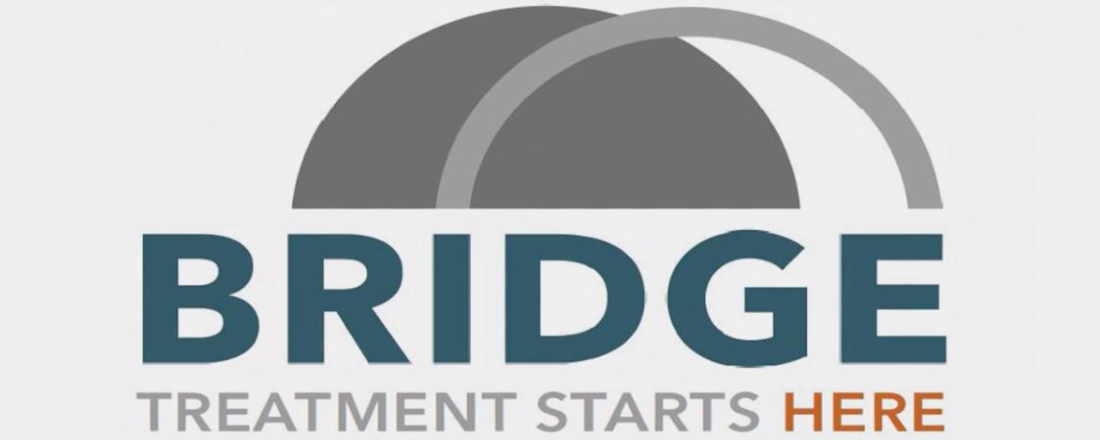
In the News
A Collision of Epidemics: Coronavirus Disrupts Addiction Treatment
- CalMatters
-
Focus Areas
Alcohol, Tobacco, Drugs & Mental Health, Health Care & Population Health -
Programs
CA Bridge -
Strategic Initiatives
Opioids

While the number of Californians killed by the coronavirus is tallied daily on public dashboards, its effect on illicit methamphetamine and opioid use is harder to track. But experts worry that a “collision of epidemics” could magnify the dangers of both.
At PHI’s CA Bridge Program, concern is rising over the gap between the need for treatment and access to it. Since the pandemic reached California, the program reported 35% fewer people with opioid addictions in emergency rooms, dosed nearly 48% fewer people with medication to treat withdrawal and recorded 24% fewer people attending follow-up appointments.
The CA Bridge Program works in 50-plus hospitals to insure that patients who are addicted to opioids are immediately treated with buprenorphine, a medication to ease symptoms and cravings, and are connected with ongoing care. Over the past year, the program offered buprenorphine to 9,666 patients, and treated 6,207.
But ongoing state budget negotiations could put finding for such programs at risk. This would be especially troubling given the increased need for addiction treatment resources during the COVID-19 pandemic.
“Now [during the pandemic] we see people coming back — they couldn’t get their treatment appointment. There’s a lot of delays, a harder time getting medications. If it was a struggle before, it is so much more exacerbated by closing down or pulling back on a lot of those resources.” Dr. Aimee Moulin, co-principle investigator at CA Bridge and University of California Davis Medical Center emergency medicine physician.
Click below to read the full story.
Originally published by CalMatters
More Updates
Work With Us
You change the world. We do the rest. Explore fiscal sponsorship at PHI.
Support Us
Together, we can accelerate our response to public health’s most critical issues.
Find Employment
Begin your career at the Public Health Institute.



